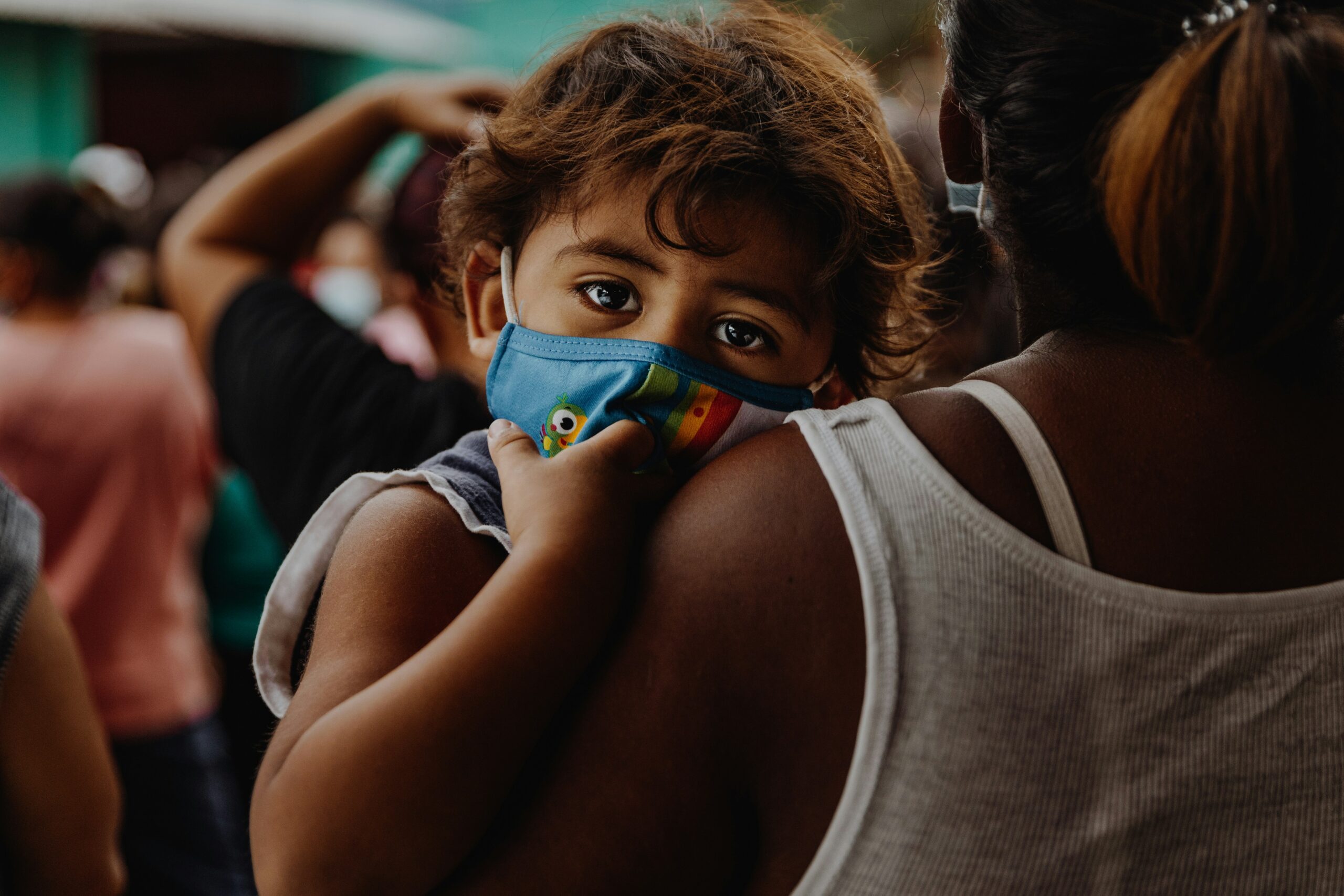UHC is a crucial goal for India and is supported by the Ayushman Bharat initiatives to enhance primary care and health insurance. Despite progress, significant barriers continue to result in forgone care, particularly among vulnerable populations.
Universal health coverage (UHC) is a key objective of the sustainable development goals established by the United Nations, with a target for all member states, including India, to achieve it by 2030. India committed to UHC in its National Health Policy of 2017. Although many nations face challenges in reaching this goal, India’s Ayushman Bharat initiatives aim to streamline the health system through improved primary care, public-funded health insurance schemes, enhanced care infrastructure, and a robust digital health framework that boosts the efficiency and integration of health services.
Two key metrics help evaluate progress toward UHC: financial protection and service coverage. Financial protection is assessed through indicators like overall out-of-pocket expenditure (OOPE), catastrophic health expenditures, and healthcare-related impoverishment, which often results when medical costs lead to loss of wages due to illness or disability. The majority of OOPE is attributed to outpatient expenses, particularly for medications and diagnostics, while catastrophic expenditures typically arise from severe medical events. Service coverage is measured by an index from the World Health Organization (WHO), encompassing 14 indicators across health areas, including maternal health, infectious diseases, and non-communicable diseases (NCDs). It is crucial to assess service coverage because inadequate access to health services may result in underreported OOPE; when services are unavailable or deemed too expensive, individuals may forgo necessary care.
Forgone care is particularly prevalent among poorer, less educated, and rural populations, as well as in states with weak health systems. Data from the National Family Health Survey (2015-16) highlighted significant rates of forgone care for essential services, such as antenatal care and treatment for common childhood illnesses. Factors influencing forgone care include poverty, rural living conditions, and low maternal education levels, with states that invest less in healthcare experiencing higher rates of unreceived services. Chronic conditions like NCDs contribute significantly to forgone care, primarily due to high costs associated with long-term medication and regular diagnostic testing.
Additionally, acute medical events often demand expensive treatments and hospital stays, which government insurance programs may not fully cover, deterring low-income families from seeking necessary care due to potential financial burdens. The lack of effective referral systems and the assurance of free tertiary care further exacerbate forgone care, even when individuals acknowledge their healthcare needs. Tamil Nadu’s pilot programs for NCD prevention demonstrated that efficient primary care could manage conditions like hypertension but struggled with cancers due to insufficient referral networks and lack of free treatment options. Mental health issues represent another domain of forgone care, stemming from poor detection rates, social stigma, and a shortage of trained professionals capable of providing empathetic care. In particular, children and adolescents are often neglected in mental health service availability, especially amid rising stress levels related to academic and social demands.
In summary, while India has made strides in its commitment to UHC, significant barriers, including financial protection, service accessibility, and social stigma surrounding certain health conditions, continue to hinder the realization of this goal by 2030. Addressing these challenges is essential to ensure that every individual can receive the care they need.


